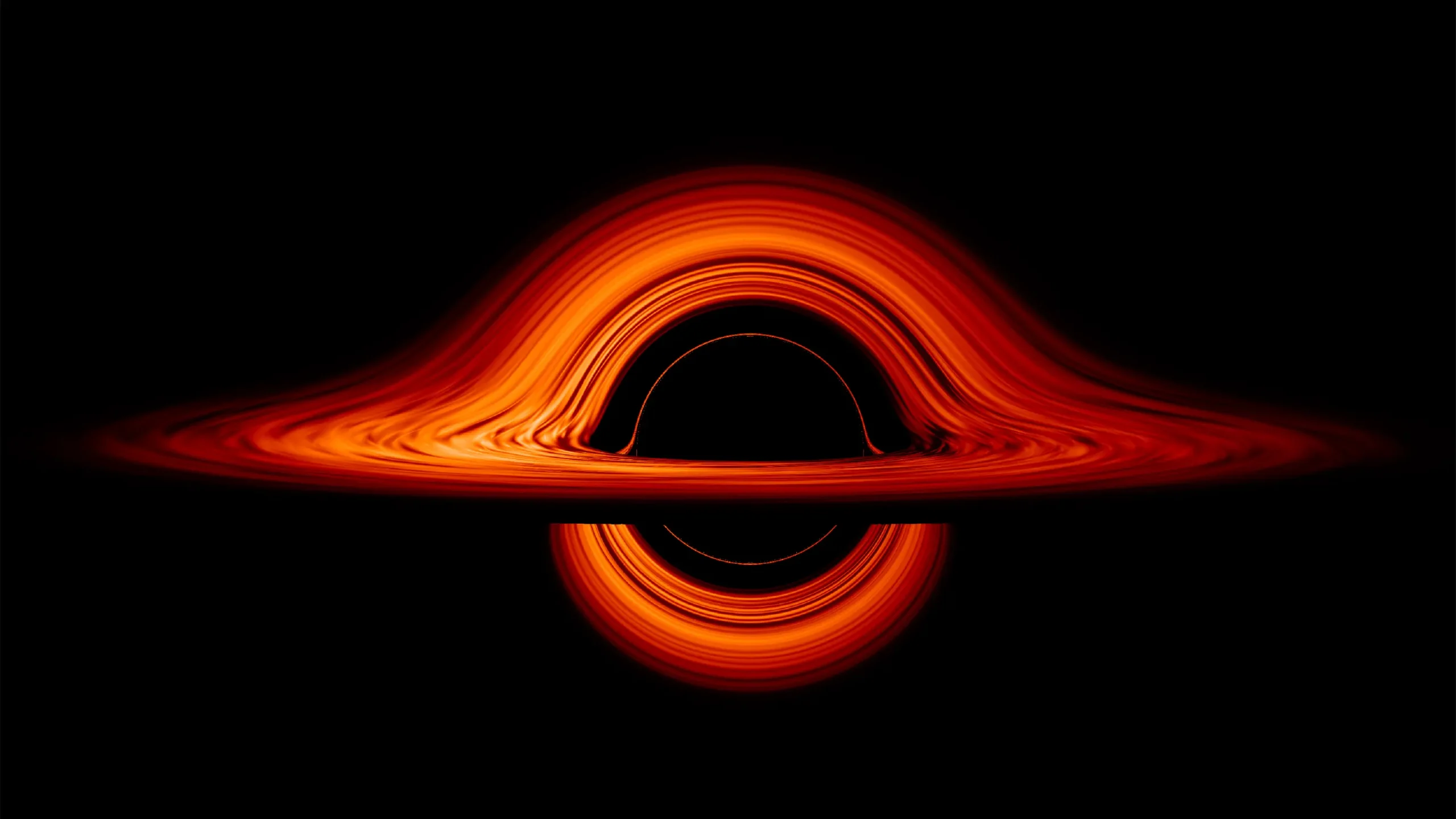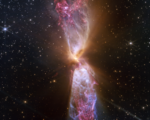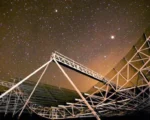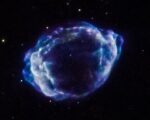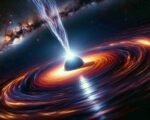Astronomers are currently exploring a groundbreaking and controversial theory that black holes could be connected to the accelerated expansion of the universe, which is primarily attributed to dark energy. Dark energy, a mysterious force that makes up roughly 70 percent of the universe, has long been understood to cause the universe’s expansion by pushing galaxies apart. Since the discovery of dark energy, it has been assumed that it exists evenly throughout space, acting as a uniform force. However, a recent study published in the Journal of Cosmology and Astroparticle Physics presents a new perspective, suggesting a potential link between black holes and dark energy. This idea challenges traditional cosmological models and opens the door for further debate in the scientific community.
The research, led by a team using the Dark Energy Spectroscopic Instrument (DESI) at the Nicholas U. Mayall Telescope in Arizona, examined the relationship between black holes and dark energy. By analyzing data from deep space observations, the researchers sought to estimate the evolution of dark energy over cosmic history. Surprisingly, their results indicated a correlation between the growth of black holes and an increase in dark energy density over time. According to Dr. Gregory Tarlé, a professor of physics at the University of Michigan and co-author of the study, this relationship may suggest that the immense gravitational forces within black holes mimic the conditions that existed during the universe’s early stages. Tarlé likens this to a “reverse inflation” process, in which the collapse of a massive star could produce dark energy in a manner opposite to the Big Bang.
If this theory proves correct, it could help solve a major cosmological puzzle known as the “Hubble tension.” This refers to the observed discrepancies in the rate at which different regions of the universe expand, which current models struggle to reconcile. The idea that black holes might play a role in these variations in expansion offers a fresh avenue of exploration. Dr. Duncan Farrah, an associate professor of physics at the University of Hawaii and another co-author of the study, suggests that the evidence for a connection between black holes and dark energy is becoming increasingly plausible. If validated, this could lead to significant revisions in our understanding of cosmology and the forces shaping the universe’s evolution.
The implications of such a discovery would not only reshape theoretical physics but also have far-reaching consequences for future space exploration. If black holes are indeed contributing to the expansion of the universe, it would imply that their influence extends far beyond their immediate surroundings, potentially altering our perception of the role they play in the cosmos. This theory also calls for a reevaluation of dark energy itself, perhaps suggesting that it is not just a passive force but one actively involved in the cosmic processes that shape space-time. As research continues, the scientific community will undoubtedly continue to investigate this fascinating possibility, seeking answers to the most profound questions about the nature of the universe.


